What are the key difficulties internal entrepreneurs face? And 3 things they can do about it
Breaking through bureaucratic barriers is a tough but essential skill for internal entrepreneurs to succeed.
OneLeap founder & CEO, Hamish Forsyth shares 3 top things an ‘intrapreneur’ can do to beat the status quo.
The role of the intrapreneur in large corporate settings is particularly challenging. They face ongoing internal antibodies and resistance to new ways of working, they plow through headwinds of skepticism and lack of commitment to innovative projects, they often feel misunderstood and frustrated by the status quo. But they also do something absolutely necessary for the organization to stay relevant, particularly during a recession. So what are their top 3 challenges, and how can they overcome them?
Internal positioning matters
Hamish Forsyth: The first challenge is just positioning themselves in the organization. The thing about being an internally operating entrepreneur is you can easily be seen as disruptive in a bad way. The organization has become large and successful because it has developed a way of doing something that customers consistently want and doing it at scale. And in order to achieve that, you need to be able to minimize unhelpful variation. And we have tools in operations management like Six Sigma, which are all about saying, on the bell curve, this should be this tiny, tiny amount of variation that is allowed that deviates from the norm, and the smaller we can make that amount of variation, the better basically, because that's how we achieve quality, that's how we achieve scale, that's how we achieve reliability, and that's why we are a great business. And that is absolutely right. So instantly, if you come in as this disruptor, you're challenging the thing that makes the business successful. So what are you doing here? Right?
“People see encouraging a little bit of variation as challenging quality, scalability, all these things, which of course is not the case at all.”
However, the way to think about that positioning is not to say that that's the wrong way of doing things. It's to say that's absolutely the right way for doing most things, but not all things. There needs to be a separate space and a group of people who are also responsible for encouraging some variation. And that means experimenting, trying things out, recognizing that they won't always succeed, not even trying to get them to succeed the first time because the fundamental objective is learning what customers in their new set of needs might really want.
Now, you get into problems where people see encouraging a little bit of variation as challenging quality, scalability, all these things, which of course is not the case at all. It's about recognizing that there's separate activities, and obviously only once this experimentation has been taken to the point where you have reliable customer sales and everything else, then it migrates across once it's steady state into the part of the organization that rolls it out with as little variation as possible. But there is space for both, and in being an entrepreneur inside an organization, you are certainly not challenging the importance of scalable consistency, you're simply saying that there's two spots.
Getting up in the building, and getting out of the building
Hamish Forsyth: The second thing I would say is as an entrepreneur, it's vital that you get out of the building, right? Because only that way are you going to get direct feelings as well as database observations of what customers really care about, their pain points, everything else. And intrapreneurs have to do that too, but intrapreneurs face an additional difficulty, which is they also have to ‘get up in the building’, as Steve Blank would put it, meaning that even if they're completely right with that customer feedback, because the ultimate decision maker may not be them and because that ultimate decision maker hasn't had that same experience, hasn't felt that same oomph face to face with the customer, that feeling of, "Wow, I really get this," they really need to do that internal stakeholder work early on to get those senior people on board and to get their support. Because if they don't, even if this intrapreneur is right in terms of what customers want, the idea is going to die. And there's just no two ways of pretending otherwise, you need to get up in the building as well as out.
Negotiating the right metrics for success
Hamish Forsyth: If you do a good job getting up in the building, you can solve for it a bit more effectively, is making sure that you're setting yourself up with the right measures of success. And too often an organization has standardized measurements of what projects can be expected to do. It could be discount cash flow modeling in order to assess an appropriate level of return against a cost of capital, for example. It could be standardized milestones, but there's got to be a different set of milestones when you're doing something that is genuinely new and experimental. If you say that you have to have X revenue within 12 months and you're trying a fundamentally different business model with a different group of customers, that is not a fair comparison for the new thing that you're trying versus something internally.
So you need to negotiate the right sort of metrics for the type of work that you're doing. And again, that's why you need those people, other senior stakeholders in the building, on board with that straightaway. And that puts you in a position to hold yourself accountable, but to the right standards. And that can become really, really important. One thing we see a lot is clients who say, "Well, I wanted to do this as an experiment to learn what people wanted before building something around it, but I was pushed into making it a pilot." And the difference is an experiment is trying to work out, what is the riskiest assumption and is it true or not around a new idea? Whereas a pilot, you've kind of got to the point where you've tested your risky assumptions and you expect the actual rollout to work, but you're going to do it small scale first.
“Make sure that your experiments are real experiments, that your metrics are real metrics.”
In the first case, if you fail, it's not really a failure because you're not betting too much, you're just trying to learn what to build. In the second case, the pilot, it's you've built something and you're trying to de-risk the rollout just to check everything's okay. If every experiment has to be a pilot, you're not going to learn very much that's new. And if the pressure is everything therefore has to work, you're not going to try anything bold, you're not going to grow, you're not going to benefit from your intrapreneurship.
So once again, the ability to make sure that your experiments are real experiments, that your metrics are real metrics that are going to give these ideas a fighting shot comes down to getting up in the building, and getting up in the building comes down to my first point, which is positioning ourselves not as challenging the status quo in terms of how the organization has become big and great, but recognizing that your role sits alongside the status quo functions, which are also really important.
Learn more about Beyond by OneLeap here.
Adapted from interview with Hamish Forsyth, “Key barriers to corporate entrepreneurship, and how ‘intrapreneurs’ can overcome them to drive growth in large companies.”
Follow us on LinkedIn and Twitter, or subscribe to OneLeap emails to stay up to date with our latest news and insights.
Other Articles and Insights from the oneleap team.
Subscribe to the Oneleap Blog.
Add your email to receive regular, quarterly updates from the OneLeap Team.
By clicking subscribe, you consent to allow OneLeap to store and process the personal information submitted to provide content requested. OneLeap will only use your personal information to administer your account and to provide the products and services you requested from us.
We will respect your privacy and you can unsubscribe at any time.



